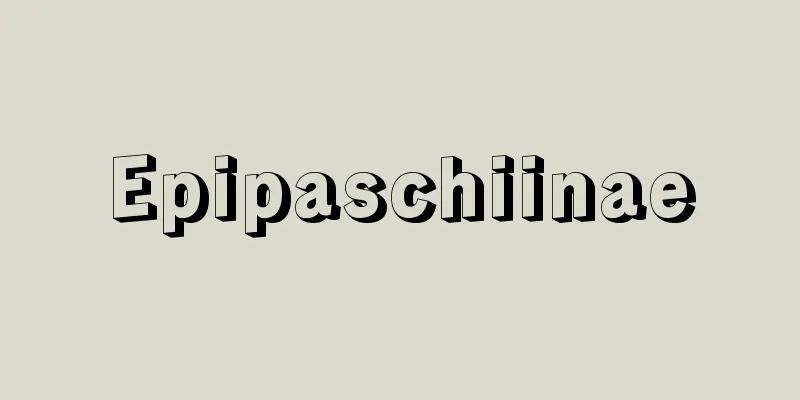Meidō no Hikyaku - Courier from the Underworld

|
A joruri gidayu (Japanese folk tale). A domestic drama. Three acts. Written by Chikamatsu Monzaemon. First performed in 1711 (Shotoku 1) at the Takemotoza Theater in Osaka. This dramatized the love story of "Umegawa Chubei," based on the real-life incident of a courier who stole money from a moneylender. Chubei, the adopted son of Kameya, a courier wholesaler in Awajicho, Osaka, becomes acquainted with Umegawa, a prostitute in Tsuchiya, Shinmachi, and is in financial difficulty. He asks his friend, Tambaya Hachiemon, for a loan of 50 ryo. Worried about Chubei's future, Hachiemon tells the story to the prostitutes at the brothels in Shinmachi, in an attempt to keep him away from the pleasure quarters. However, by chance, Chubei happens to be in the red-light district and overhears what is going on. In a fit of rage, he tears open the seal on the money order that was to be delivered to the samurai mansion, throws 50 ryo at Yaemon, and uses the remaining money to buy Umekawa's freedom. Chubei and Umekawa flee to their hometown of Ninokuchimura, where they are confronted by their biological father, Magoemon, and attempt to escape down a back alley, but are captured along the way. This is a masterpiece that delicately depicts the love between the passionate Chubei and the lovely prostitute Umekawa. Among the adaptations are the Joruri play "Keise Sandogasa" by Kino Kaion, "Keisei Koibikyaku" by Suga Sensuke and others, and the Kabuki play "Koi Bikyaku Yamato Orai." On stage, the adapted plays "Fujinkiri" and "Shinkuchimura" have mostly been performed, but recently, out of respect for Chikamatsu's literary value, they are often performed exactly as they were in the original. [Toshiaki Matsui] [Reference] | |Source: Shogakukan Encyclopedia Nipponica About Encyclopedia Nipponica Information | Legend |
|
浄瑠璃義太夫(じょうるりぎだゆう)節。世話物。三段。近松門左衛門作。1711年(正徳1)大坂・竹本座初演。当時実在した飛脚屋の為替(かわせ)金拐帯事件に基づく「梅川(うめがわ)忠兵衛」の情話を脚色したもの。大坂・淡路町の飛脚問屋亀屋(かめや)の養子忠兵衛は、新町槌屋(つちや)の遊女梅川となじみを重ね金に窮し、友人の丹波屋八右衛門(たんばやはちえもん)に借金50両を融通してもらう。八右衛門は忠兵衛の将来を案じ、新町の揚屋で遊女たちに一件を披露し、廓(くるわ)から彼を遠ざけようとする。しかし、偶然廓に来て立ち聞きした忠兵衛は、かっとなり侍屋敷に届けるべき為替金の封印を切って、50両を八右衛門にたたきつけ、残りの金で梅川を身請けする。忠兵衛は梅川とともに故郷新口村(にのくちむら)へ落ち延び、実父孫右衛門によそながら対面し、裏道から逃げようとしたが途中で捕らえられる。激情型の忠兵衛と可憐(かれん)な遊女梅川との情愛を細やかに描いた名作。改作には浄瑠璃に紀海音(きのかいおん)の『傾城三度笠(けいせいさんどがさ)』、菅(すが)専助らの『けいせい恋飛脚(こいびきゃく)』、歌舞伎(かぶき)に『恋飛脚大和往来(こいびきゃくやまとおうらい)』などがあり、舞台ではもっぱら改作の「封印切」「新口村」が演じられていたが、最近は近松の文学性尊重の立場から、原作どおりに上演されることも少なくない。 [松井俊諭] [参照項目] | |出典 小学館 日本大百科全書(ニッポニカ)日本大百科全書(ニッポニカ)について 情報 | 凡例 |
Recommend
Galfridus - Galfridus
… However, at the end of the 14th century, with t...
Halftone dots - Amiten
〘 noun 〙 A mesh-like dot seen in printed matter, s...
Kolyadka
...Songs related to the agricultural calendar are...
Turnbuckle - Turn buckle
A type of fastener used to tighten and eliminate ...
Perovskite (English spelling)
A type of mineral. Also called perovskite. Chemica...
Fluid machinery
A general term for machines that use the power of ...
Round Chair
...The word "Kyokuko" is an abbreviatio...
Hiltunen, E.
…Walter Runeberg (1838-1920) is a representative ...
Jābir bin Hayyān
Arab alchemist from around 721 to around 815. His ...
Onarihajime - Onarihajime
The arrival and departure of the imperial family, ...
Idda - Idda
...When a person who meets these conditions negle...
Guillaume d'Aquitaine
One of France's earliest troubadours, he was ...
Arakawa [village] - Arakawa
A village in Chichibu County, western Saitama Pref...
Chatterley's Trial - Chatterley's Trial
This was a trial over whether Ito Sei's Japane...
Keisuke Serizawa
Dye artist. Born in Shizuoka City. Graduated from...









